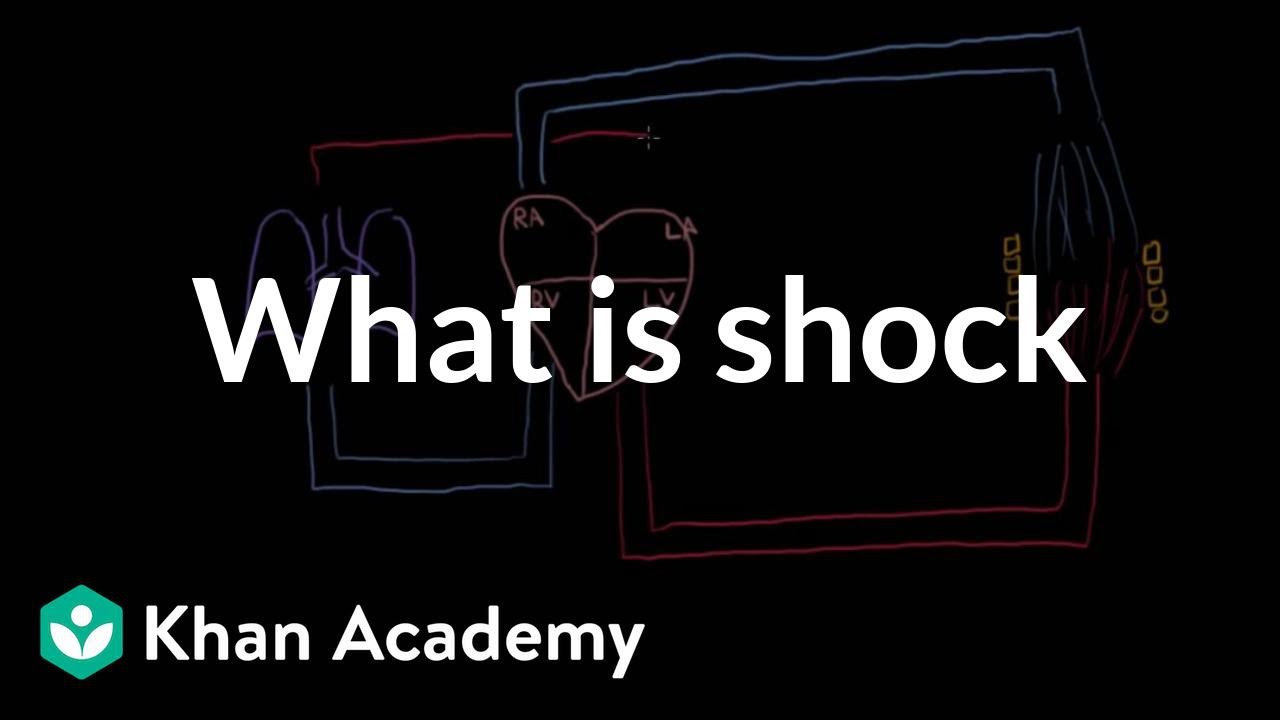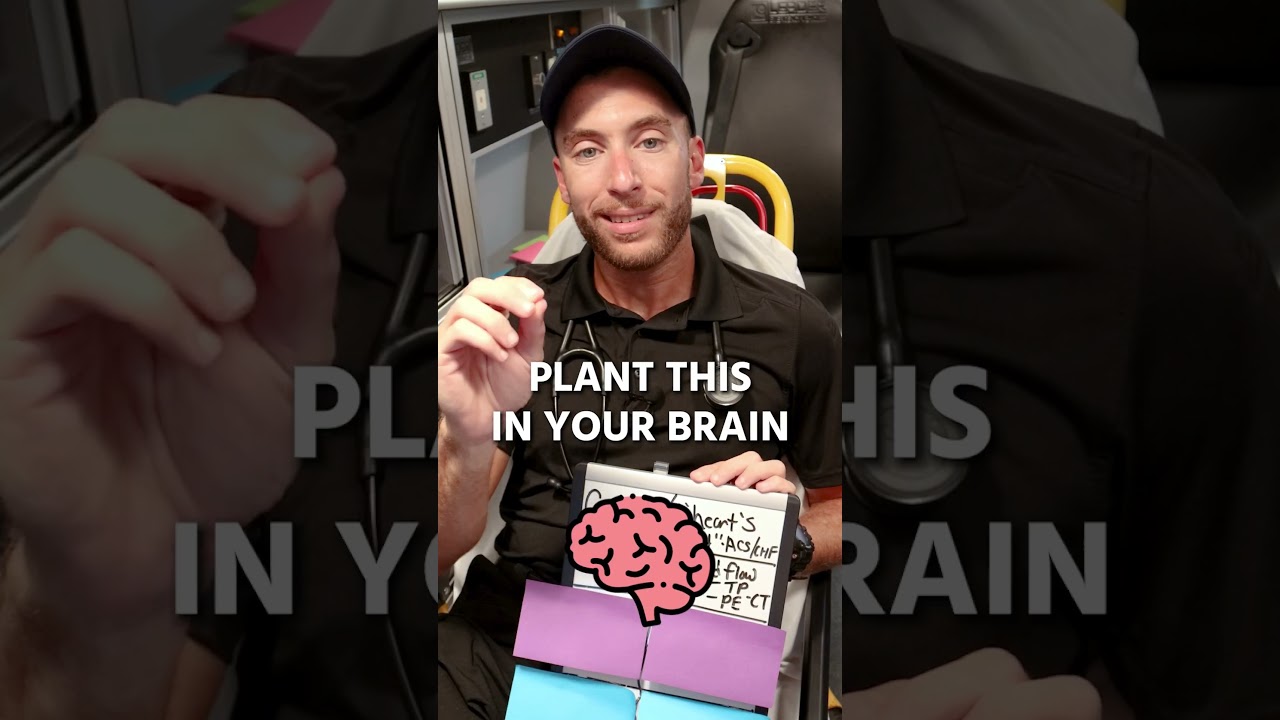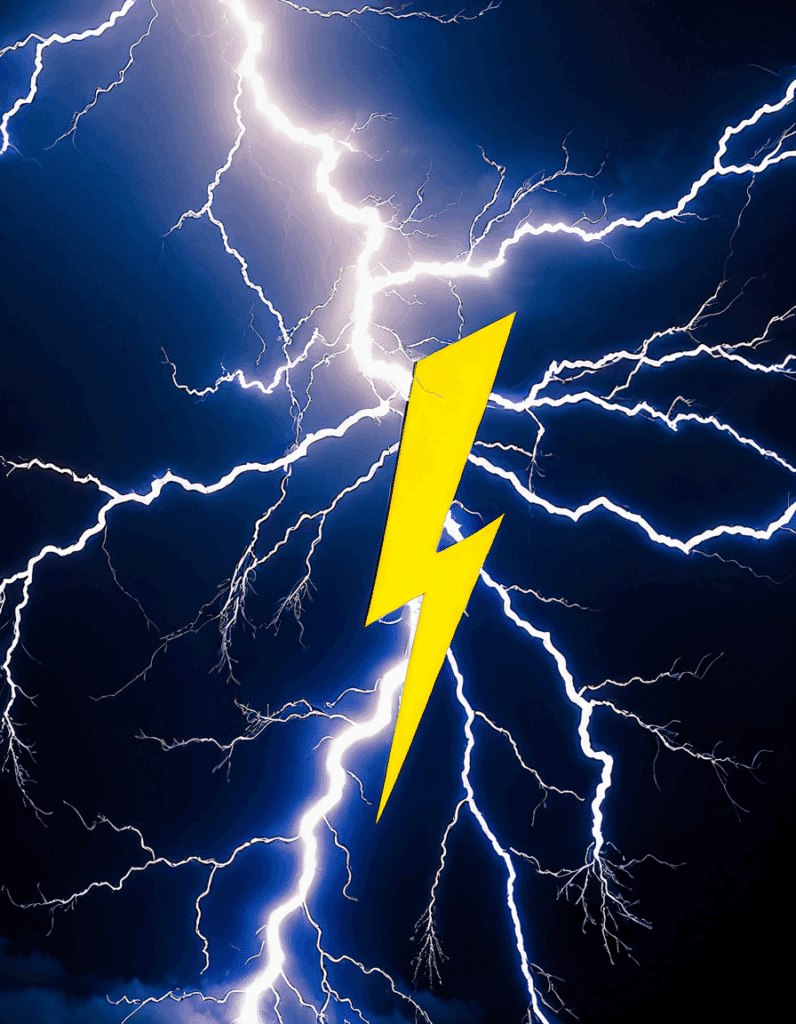Understanding the term shock meaning is crucial, especially when navigating the painful waters of addiction and loss. Shock isn’t just a sudden emotional response; it’s a complex experience that reverberates through our psyche and alters our interactions with ourselves and others. For parents facing the harrowing reality of their child’s addiction or grappling with grief from losing a child, comprehending the nuances behind shock can foster resilience and healing. In this article, we will explore the various dimensions of shock, how it intertwines with suffering and despair, and ultimately offers paths toward empathy and positive change.

Seven Dimensions of Shock Meaning: Exploring Emotional and Psychological Landscapes

1. Shock as a Psychological Response
When an unexpected tragedy strikes—like the September 11 attacks—individuals often experience shock as a psychological response. This shock can manifest in distinct ways. Some people might feel numb or disconnected, while others might display intense emotional reactions. According to research, this psychological phenomenon can last anywhere from a few minutes to several weeks, affecting not just mental health but also social interactions. For parents of children battling addiction, the shock can be overwhelming, reshaping their daily lives and interactions with loved ones.
2. Shock and Antisocial Behavior
In the aftermath of significant traumatic events, people can often veer towards antisocial behavior. Research from Drexel University reveals that anxiety and withdrawal spike among those who have witnessed violence or loss. When addiction colors the family landscape, the urge to retreat from social circles can become stronger. Parents may find themselves isolating, fearing judgment or misunderstanding. This withdrawal complicates the already painful experience of coping with shock; instead of seeking support, they may feel pushed away from their community.
3. Shock’s Connection to Suffering: A Synonym in Many Contexts
Suffering is often a synonym for shock, especially in the context of losing a child to addiction. The stories shared by families connected to Mothers Against illustrate this profound connection. A mother recounts the day she lost her son to an overdose, revealing how time stood still, frozen in that moment of shock. As parents navigate through grief, the multifaceted layers of shock entwine with ongoing suffering, complicating the grieving process. This emotional tapestry can lead to feelings of despair, rendering it vital for families to seek appropriate support systems that acknowledge and validate their experiences.
4. Despair Definition: Shock’s Downward Spiral
When shock intertwines with loss, it often leads down the path of despair. Many family members recount their feelings during therapy sessions—hearts heavy with the burden of grief clouded by the shock of sudden loss. Understanding the despair definition in this context highlights the critical need for mental health support. Organizations such as the National Alliance on Mental Illness offer workshops and resources tailored for those who feel lost in this spiraling journey. By acknowledging these emotions, parents can find solace and begin their road to healing.
5. Shock in Cultural Settings: A Broader Perspective
Shock isn’t a one-size-fits-all experience; instead, it varies widely across cultures. In Japanese, the word ‘shōkku’ encompasses both shock and an emotional response, reminding us of the importance of social norms in coping mechanisms. A cross-cultural study indicates that cultural context shapes how individuals interpret shock, influencing their coping strategies. This understanding broadens the conversation around addiction and loss, allowing families to find common ground in their journeys.
6. Shock in Media Representation: The Case of Film
Film often reflects societal challenges and can shape perceptions of complex issues like addiction. Movies such as “Requiem for a Dream” powerfully depict the devastating effects of shock, addiction, and despair. Viewer reactions provide insight into the complexities surrounding these topics, prompting conversations about empathy and understanding. This representation can serve as a catalyst for advocacy, highlighting the need for compassionate approaches towards families facing addiction.
7. Constructive Shock: Channeling Disruption into Positive Change
Shock can also be the driving force behind positive societal transformations. Movements like March for Our Lives emerged after national tragedies, showcasing how collective shock can mobilize communities towards change. Parents of children lost to addiction have been instrumental in advocating for policies that support harm reduction and rehabilitation. This constructive shock highlights the possibility of turning pain into purpose, fostering resilience and unity.

The Nuanced Feelings Associated with Shock Meaning
Understanding the Spectrum: Mild Shock vs. Severe Trauma
Shock experiences exist on a spectrum, ranging from mild surprises to severe trauma. Mild shock might come from unexpected news, like missing a favorite sports game, while severe trauma could emerge from devastating losses, such as the death of a child. Trauma specialists emphasize the importance of assessing individual responses to shock, leading to interventions that resonate deeply with each person’s emotional landscape. Families dealing with addiction can greatly benefit from understanding where they fall on this spectrum.
The Importance of Language: Expressing Shock and Its Effects
Language matters; it shapes how we understand shock and its repercussions. Terminology, such as “emotional trauma” or “shock,” plays a significant role in therapy. Using precise language helps individuals articulate their emotions better, facilitating healing. Parents navigating through the grief of losing a child to addiction will find that effective communication allows for deeper connections within therapy and support groups, paving the way for recovery.

Innovative Wrap-Up
The multifaceted nature of shock meaning weaves together complex emotional responses, cultural interpretations, and societal implications. By exploring diverse examples, we gain not only a deeper appreciation for the intricacies of shock, but also empathy toward those affected. Seeking support through organizations like Mothers Against Addiction can provide the much-needed shoulders to lean on. Together, amid despair and suffering, we can channel our shock into hope, fostering resilience in the face of adversity. Remember, it’s okay to grieve, to feel lost, and, ultimately, to reclaim your story. In the words of Brené Brown, vulnerability is our greatest measure of courage. Let’s embrace it together.

Shock Meaning Explored: A Fun Dive into Its Surprising Definitions
Different Faces of Shock Meaning
When we dive into the shock meaning, it’s astounding how many different interpretations exist! For example, shock can represent a sudden emotional jolt, often tied to traumatic events. This also relates back to defining tragedy. Understanding the layers of shock helps us evaluate definition nuances in our daily lives. A sudden surprise—like watching your favorite character die in a role-playing video game—can send shockwaves through the audience. It’s a reminder that whether in life or fiction, shock can redirect our thoughts in unexpected ways.
The Science Behind the Jolt
Shifting gears, did you know that the body’s reaction to shock involves adrenaline rushes? This physiological response is a survival mechanism that can be traced back to our ancestors. In modern times, people still experience this during shocking events or news flashes, highlighting how essential it is to define evidence in discussions about human behavior. Interestingly, shock can also influence how we perceive humor. For instance, a well-placed sexual meme can invoke shock value, eliciting laughter or bewilderment. Human reactions to shock are indeed fascinating and multifaceted.
Cultural Reflections of Shock Meaning
Let’s not forget how shock reflects cultural contexts. Unlike other nations, reactions to shocking events vary drastically based on societal norms. Bidding For good, for instance, can occur in the face of shock, showing that communities rise in response to difficult situations. Moreover, witnessing fierce competitions—like Xolos Vs. another team—can generate shock and excitement among fans, deepening their emotional investment. Shock meaning showcases how we connect with each other, whether through tragedy or joy, reminding us of the powerful impact of shared experiences.





























